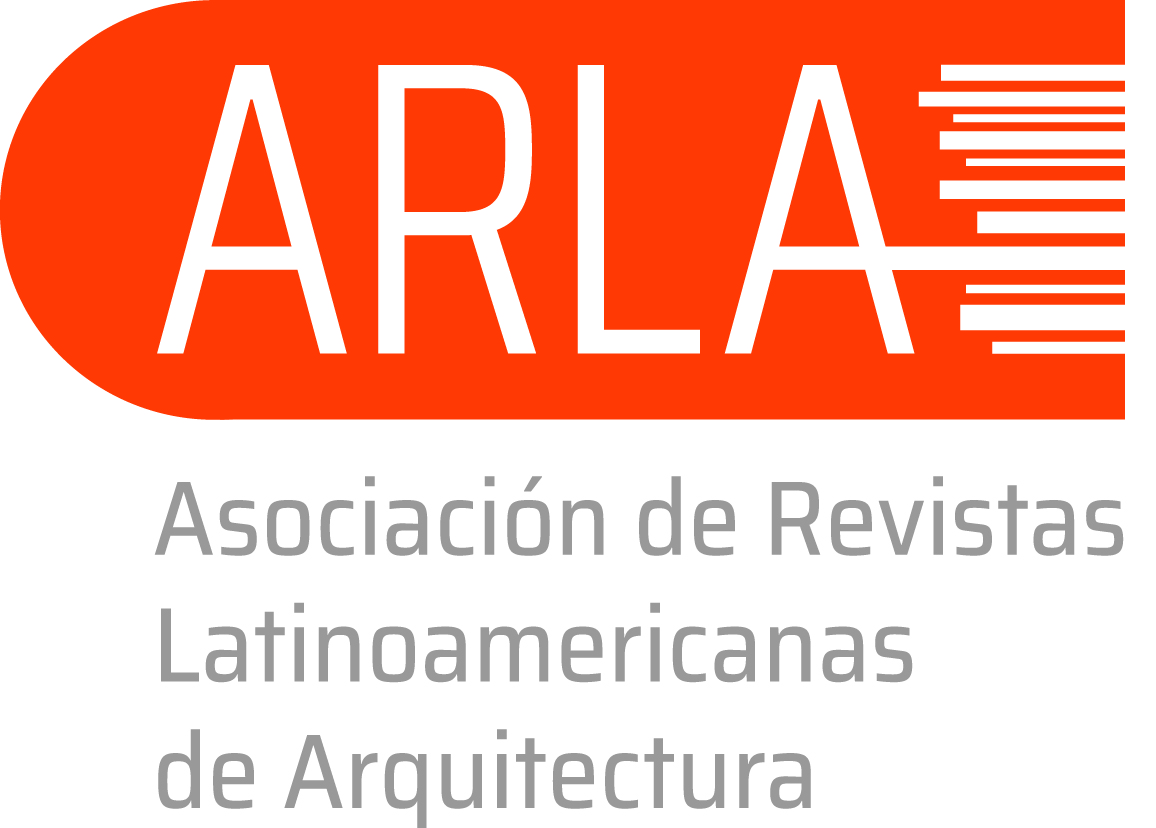A hybrid environmental multi-objective optimization algorithm for eco-friendly vehicle routing in smart cities
DOI:
https://doi.org/10.56294/la2025151Keywords:
Eco-friendly Routing, Smart City Traffic, Vehicle Routing Optimization, Emissions ReductionAbstract
Introduction: this paper presents HEMO, an intelligent vehicle routing system designed to address urban sustainability challenges in smart cities. The algorithm optimizes transportation networks by simultaneously evaluating multiple environmental and operational parameters, including route efficiency, vehicular emissions, fuel efficiency, noise pollution, and traffic regulation compliance.
Method: our comprehensive evaluation demonstrates HEMO’s superior performance compared to conventional routing approaches, achieving significant improvements across all measured metrics: a 19,3 % reduction in travel distance, 20,7 % decrease in harmful emissions, and 19,5 % lower fuel consumption. Notably, the system shows exceptional effectiveness in mitigating urban nuisances, with 75 % fewer noise violations and 77,8 % reduction in speed limit infractions.
Results: these results establish HEMO as a balanced solution that harmonizes ecological preservation with traffic management objectives. The algorithm’s multi-criteria optimization framework represents a substantial advancement over existing eco-routing methods, offering municipal authorities a practical tool for implementing sustainable mobility solutions.
Conclusions: by dynamically adapting to real-time urban conditions while prioritizing environmental protection, HEMO provides a scalable model for smart city infrastructure that addresses both immediate traffic concerns and long-term sustainability goals.
References
1. Toth P, Vigo D. The vehicle routing problem. SIAM; 2002.
2. Augusto JC. Smart cities: State of the art and future challenges. Handb smart cities. 2021;1–12.
3. Ding L, Zhang F, Ye J, Kong F, Jiao M. A novel optimization method for hazardous materials vehicle routing with temperature-based time windows. PeerJ Comput Sci. 2024;10:e2586.
4. Fahmin A, Cheema MA, Eunus Ali M, Nadjaran Toosi A, Lu H, Li H, et al. Eco-Friendly Route Planning Algorithms: Taxonomies, Literature Review and Future Directions. ACM Comput Surv. 2024;57(1):1–42.
5. Elassy M, Al-Hattab M, Takruri M, Badawi S. Intelligent transportation systems for sustainable smart cities. Transp Eng. 2024;100252.
6. Alqahtani H, Kumar G. Efficient routing strategies for electric and flying vehicles: A comprehensive hybrid metaheuristic review. IEEE Trans Intell Veh. 2024;
7. Branke J. Multiobjective optimization: Interactive and evolutionary approaches. Vol. 5252. Springer Science & Business Media; 2008.
8. Azevedo BF, Rocha AMAC, Pereira AI. Hybrid approaches to optimization and machine learning methods: a systematic literature review. Mach Learn. 2024;113(7):4055–97.
9. Holland JH. Genetic algorithms. Sci Am. 1992;267(1):66–73.
10. Dorigo M, Stutzle T. Ant Colony Optimization. MIT Press, Cambridge, MA. 2004;
Land and Architecture. 2025; 4:151 8
11. Clerc M. Particle swarm optimization. Vol. 93. John Wiley & Sons; 2010.
12. Alam T, Gupta R, Ahamed NN, Ullah A, Almaghthwi A. Towards sustainable IoT-based smart mobility systems in smart cities. GeoJournal. 2024;89(6):1–21.
13. Aldhanhani T, Abraham A, Hamidouche W, Shaaban M. Future trends in smart green iov: Vehicle-to-everything in the era of electric vehicles. IEEE Open J Veh Technol. 2024;5:278–97.
14. Rostamian A, de Moraes MB, Schiozer DJ, Coelho GP. A survey on multi-objective, model-based, oil and gas field development optimization: Current status and future directions. Pet Sci. 2024;
15. Manshahia MS, Kharchenko V, Munapo E, Thomas JJ, Vasant P. Handbook of intelligent computing and optimization for sustainable development. John Wiley & Sons; 2022.
16. Roy P, Ghosh S, Podder A, Paul S. Green IoT for Eco-Friendly and Sustainable Smart Cities. In: Convergence Strategies for Green Computing and Sustainable Development. IGI Global; 2024. p. 124–37.
17. Xu C, Sankar R. A Comprehensive Review of Autonomous Driving Algorithms: Tackling Adverse Weather Conditions, Unpredictable Traffic Violations, Blind Spot Monitoring, and Emergency Maneuvers. Algorithms. 2024;17(11):526.
18. Ni D. Traffic flow theory: Characteristics, experimental methods, and numerical techniques. Butterworth-Heinemann; 2015.
19. Jendoubi F, Pradeep V, Khemmar R, Berradia T, Rossi R, Sibbille B, et al. Vehicle Activity Dataset: A Multimodal Dataset to Understand Vehicle Emissions with Road Scenes for Eco-Routing. Appl Sci. 2023;14(1):338.
20. Derbel H, Jarboui B, Siarry P. Green transportation and New advances in vehicle routing problems. Springer; 2020.
Downloads
Published
Issue
Section
License
Copyright (c) 2025 Amrita Prakash, Amir Khusru Akhtar (Author)

This work is licensed under a Creative Commons Attribution 4.0 International License.
The article is distributed under the Creative Commons Attribution 4.0 License. Unless otherwise stated, associated published material is distributed under the same licence.






